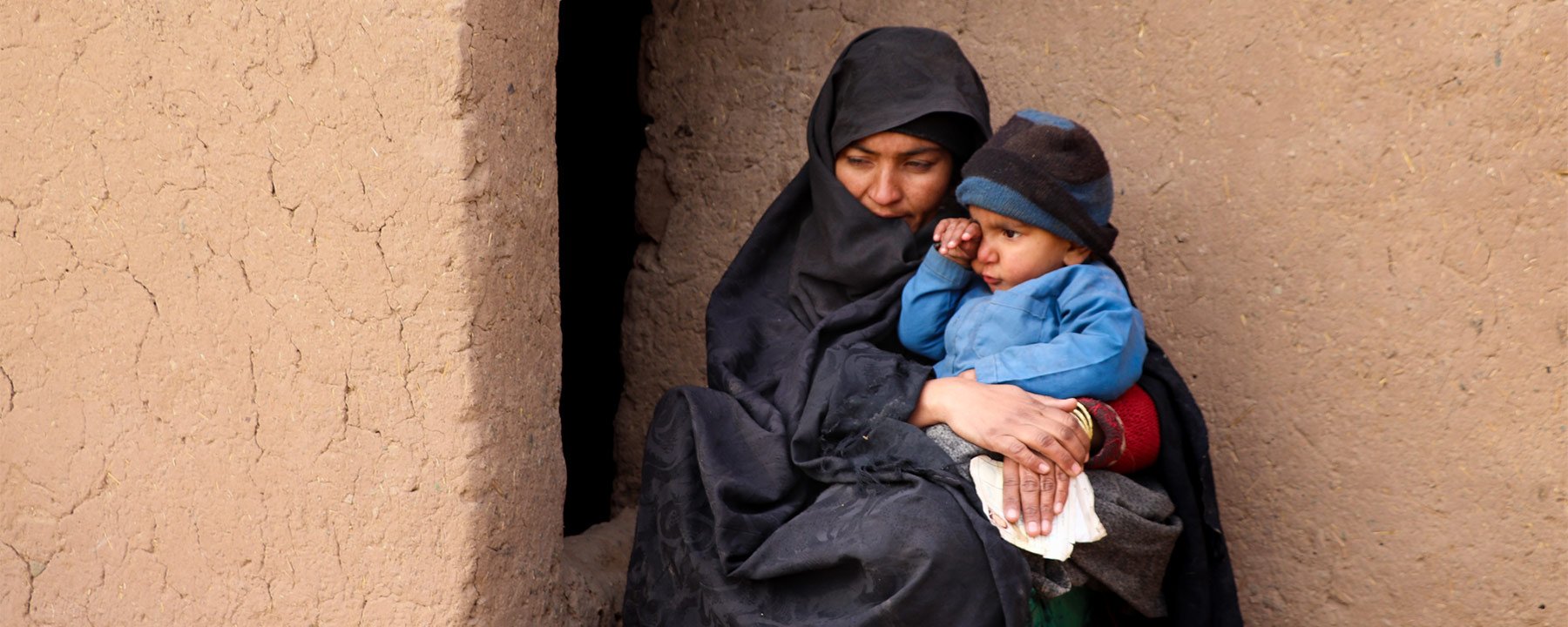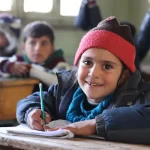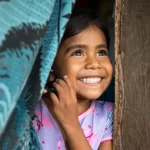From Despair to Hope: The Journey of Child Refugees
Community Sponsorship Groups play a crucial role in supporting resettled families, particularly when it comes to empowering Child Refugee. While these young individuals often display remarkable adaptability, seamlessly integrating into new environments and picking up languages with astonishing speed, the challenges they face should not be underestimated. Moving to a new place, away from familiar faces and cultural norms, can be an overwhelming experience for any child. Moreover, witnessing their parents navigate unfamiliar territories adds another layer of complexity to their adjustment process. Thus, adopting an empowerment approach is paramount to facilitate their transition and foster positive growth.
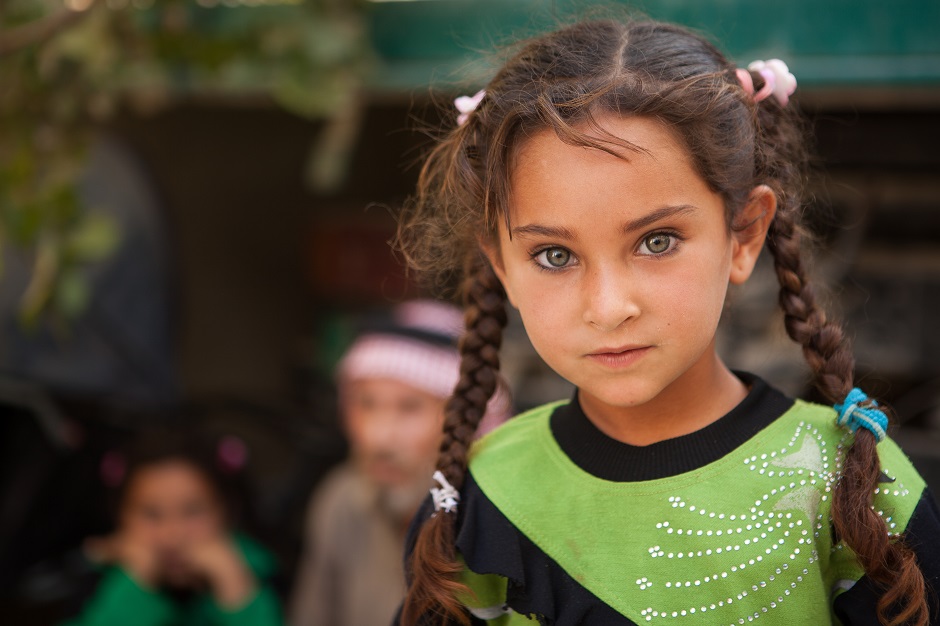
Cultural Sensitivity and Empowerment: child refugee
One of the fundamental aspects of empowering Child Refugee is understanding and respecting the cultural differences that shape their upbringing. In many cultures, children are expected to develop resilience and assertiveness with less explicit guidance compared to Western norms. Community Sponsorship Groups often find themselves bridging these cultural gaps, helping parents navigate unfamiliar parenting practices in their new environment. It’s essential to engage in open dialogue and collaborative problem-solving to establish culturally appropriate boundaries and communication channels between parents, children, and schools.
For instance, while parents from certain backgrounds might feel comfortable allowing their children more independence in activities such as commuting to school or engaging in unsupervised play, it’s crucial to discuss safety measures and cultural adjustments to ensure the well-being of the child Refugee within the context of their new environment. Likewise, promoting the idea of play as a form of learning might require gentle guidance and encouragement, highlighting the benefits of extracurricular activities and recreational pursuits in enhancing children’s cognitive and social development.
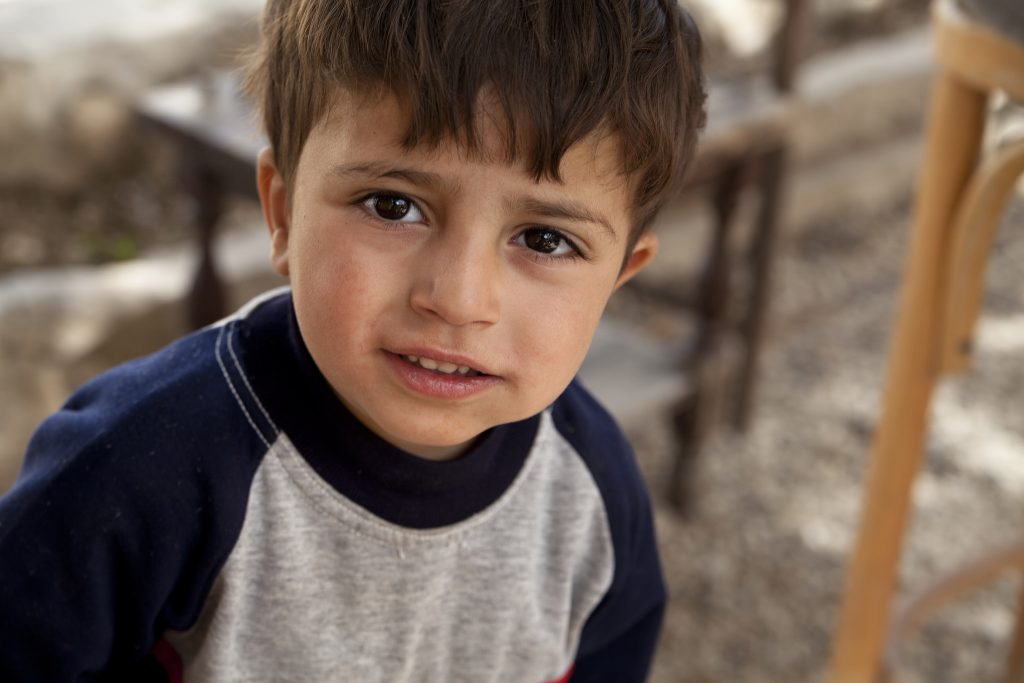
Safe and Carefree Childhood: child refugee
Refugee children often carry the weight of past experiences, including displacement, interrupted education, or exposure to adult responsibilities at a young age. Empowering these children involves advocating for their right to a safe and carefree childhood, free from undue burdens or responsibilities beyond their years.
One critical aspect is ensuring that Child Refugee are not placed in roles beyond their capacity, such as acting as interpreters for their parents. While children may possess language skills superior to their parents’, relying on them for translation can blur familial boundaries and expose them to sensitive information. Instead, Community Sponsorship Groups can provide access to professional interpretation services and establish clear guidelines prohibiting the use of Child Refugee as interpreters.
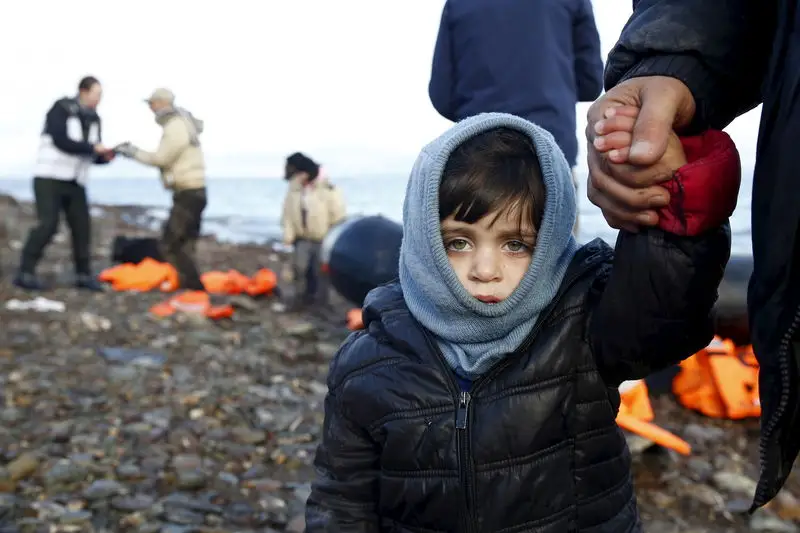
Building Resilience for Child Refugee Through Education and Community Support
Furthermore, facilitating children’s participation in extracurricular activities tailored to their interests can be transformative. By connecting families with community resources and encouraging exploration of hobbies and interests, these groups empower child Refugee to discover their talents, build confidence, and forge friendships within their new community.
Recognizing the unique challenges faced by adolescent refugees is also crucial. Teenagers navigating the complexities of adolescence while adapting to a new country and language require tailored support and understanding. By acknowledging their individual needs and providing access to relevant resources and mentorship opportunities, Community Sponsorship Groups can help teenagers navigate this pivotal stage of their lives with resilience and optimism.
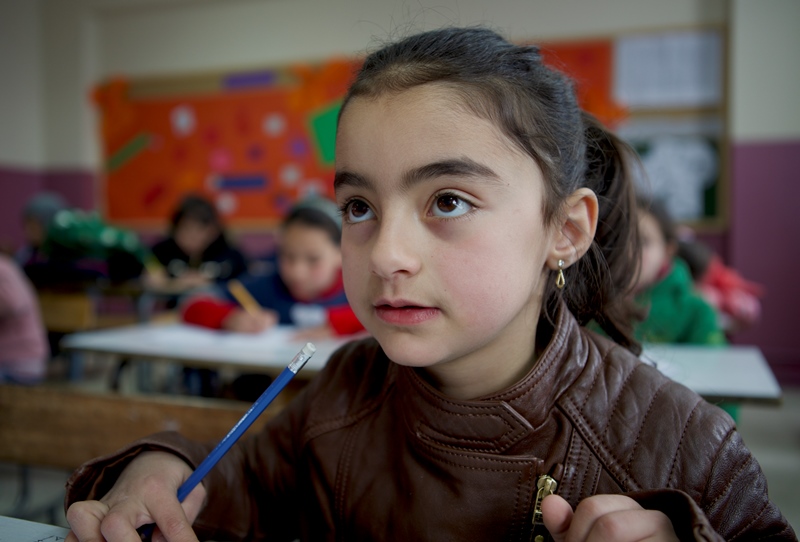
In conclusion, empowering refugee children entails more than just aiding their physical resettlement; it involves nurturing their emotional well-being, fostering resilience, and instilling a sense of agency and belonging in their new environment. By embracing cultural sensitivity, advocating for safe and carefree childhoods, and recognizing the diverse needs of refugee youth, Community Sponsorship Groups can play a pivotal role in shaping positive outcomes for these resilient individuals. Through collaboration, compassion, and commitment, we can create a supportive environment where every child has the opportunity to thrive and realize their full potential.
Education for refugee children
there are numerous education programs and initiatives specifically designed to support refugee children in accessing quality education and overcoming the barriers they may face in their new host countries. These programs aim to provide academic support, language instruction, psychosocial support, and opportunities for social integration. Here are some examples of education programs for refugee children:
1. **UNICEF Education Programs**: UNICEF (United Nations Children’s Fund) works globally to ensure that all children, including refugees, have access to quality education. They provide support for formal and non-formal education programs, teacher training, and school infrastructure in refugee camps and host communities.
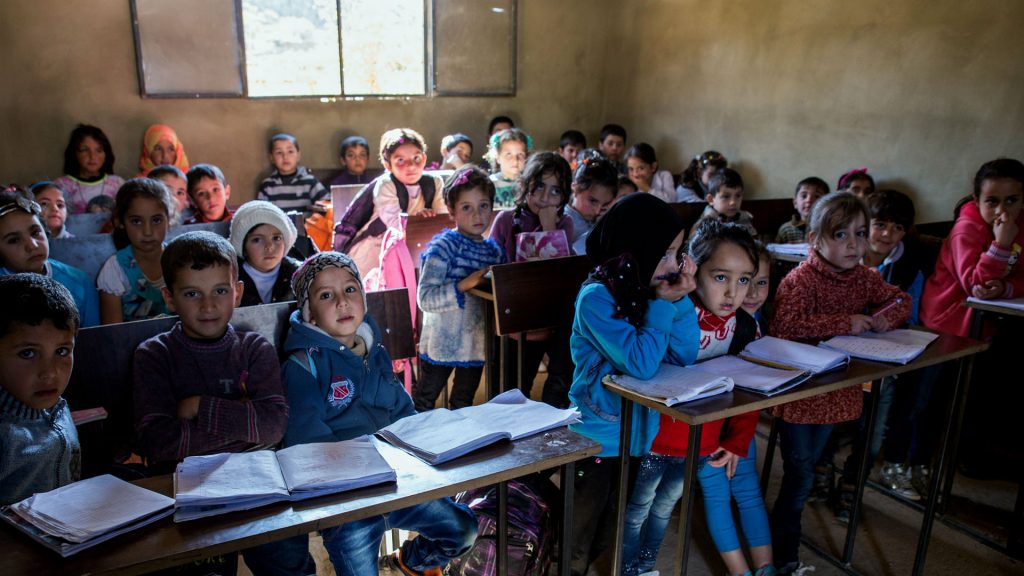
2. **UNHCR Education Initiatives**: The UN Refugee Agency (UNHCR) supports education for refugee children through various programs, including the Educate A Child initiative, which aims to enroll out-of-school children in primary education, and the Connected Learning program, which provides digital learning resources for refugee students.
3. **NGO Programs**: Many non-governmental organizations (NGOs) operate education programs specifically targeting refugee children. Organizations such as Save the Children, Mercy Corps, and the International Rescue Committee (IRC) provide educational support, including school supplies, tutoring, and language classes.
4. **Community-Based Programs**: In some host communities, local organizations and grassroots initiatives offer education and enrichment programs tailored to the needs of refugee children. These programs may include language classes, cultural integration activities, and mentorship programs.
5. **Integration Programs**: Some education programs focus on facilitating the integration of refugee children into mainstream schools and educational systems. These programs provide support for language acquisition, cultural adaptation, and academic success within the context of the host country’s education system.
6. **Online Learning Platforms**: With the increasing availability of digital resources, online learning platforms have become valuable tools for refugee children to access education remotely. Organizations like Khan Academy, Coursera, and EdX offer free online courses in various subjects, allowing refugee children to continue their education regardless of their location.
These education programs play a vital role in providing refugee children with the knowledge, skills, and opportunities they need to rebuild their lives and contribute positively to their communities. By investing in education for refugee children, we not only fulfill their right to education but also empower them to build brighter futures for themselves and their families.
read more: Transforming Lives: The Power of Child Sponsorship Programs
Final thought
In the face of uncertainty and upheaval, let us continue to stand in solidarity with refugee children, offering not only physical support but also the emotional and educational resources they need to thrive. Through our collective commitment to compassion, collaboration, and empowerment, we can help transform their journey from despair to hope, guiding them toward a future filled with promise and possibility.
